Slides from the conference are now available on the CRE conference presentations page. The listing below is organized by presentation date (as best I could sort it out).
June 13
Integrating Service Learning and Opportunities for Civic Engagement into Courses
Presented by: Richard Kinsley, Executive Director of Ohio Campus Compact
A Sustained Dialogue Training for Community Advocates, Administrators, and Advanced Students
Presented by: Amy Lazarus Executive Director, Rhonda Fitzgerald Program Director, and Elizabeth Wuerz Program Director at SDCN
June 14
Telling Better Stories: Promoting Global Citizenship & Shared Understanding w Pulitzer Center
Presented by: Mark Schulte, National Education Coordinator at the Pulitzer Center on Crisis Reporting
The Organization of American States: 100 Years of Building Bridges in the Americas
Presented by: Presented By: Pablo Zuniga, Romina Giselle Kasman, and Marcia Bebianno Simoes
Using Circles for Motivation and Community Building
Presented by: Barbara Sugarman Grochal, Center for Dispute Resolution, University of Maryland King Carey School of Law
Multilingual Education as a Tool of Social Integration in Kyrgyzstan
Presented by: Nina Bagdasarova, American University in Central Asia
Peacebuilding Training and Restorative Justice Initiatives in Northeast Asia
Presented by: Jae Young Lee and Kathy Matsui, Northeast Asia Regional Peacebuilding Institute (NARPI) and Korea Peacebuilding Institute (KOPI)
The International Organization for Migration – Addressing needs of conflict affected migrants
Presented by: Nino Shushania, International Organization for Migration
Collaborative Negotiations – Strategies, Skills and Techniques
Presented by: Timothy Viskocil, Federal Mediation and Conciliation Services
A Global Movement Cultivating a Culture of Peace: AC4P
Presented by: Jenna McCutchen, Elise Cabrisses and Jessica Cea, Virginia Tech
June 15
Inter-cultural Conflict Resolution, Political Processes and Impacts
Presented by: Rena Ramkay, co-chair Conflict Prevention Working Group at Peacebuild
Promoting intercultural understanding in Australia
Presented by: Gary Shaw, Department of Education and Early Childhood Development, Victoria, Australia
Peace Education Highlights from Australia and Victoria
Presented by: Gary Shaw, Department of Education and Early Childhood Development, Victoria, Australia
Peace Education Highlights from the Philippines
Presented by: Loreta Castro, Philippines
Exchange 2.0 – Connecting Youth Across Divides
Presented by: Claudia Maffettone, Soliya Inc.
District-wide Conflict Resolution, Peer Mediation and Bullying Prevention Model- 30 years of Impact
Presented by: Kathy Bickmore, University of Toronto
Peace Education for Peaceful and Harmonious co-existence in a multi-ethnic country – Kenya
Presented by: Caroline Owegi-Ndhlovu, Nairobi Peace Initiative – Africa
Peacebuilding in Community Colleges – A Teaching Resource
Presented by: David Smith, George Mason University; Jennifer Batton, Cuyahoga Community College; Jeff Dykhuizen, Delta College; Cindy Epperson
June 16
Developing Courses in Peace and Conflict Studies
Presented by: Vincent D’Agostino and Patricia Golesic, Sault College
Peace Studies Club 101
Presented by: Kurt Hoffman, Allegany College of Maryland
June 17
Peace Education – Core Concepts and Themes
Presented by: Loreta Castro, Center for Peace Education, Miriam College
Educating for Global Citizenship
Presented by: Lloyd Kornelsen
Tri-C Sustained Dialogue Campus Network Overview
Presented by: Ty Olson, Cuyahoga Community College
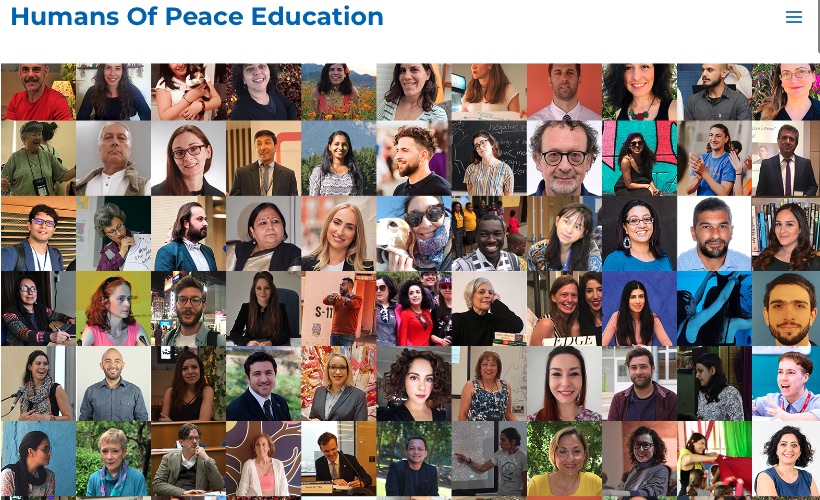

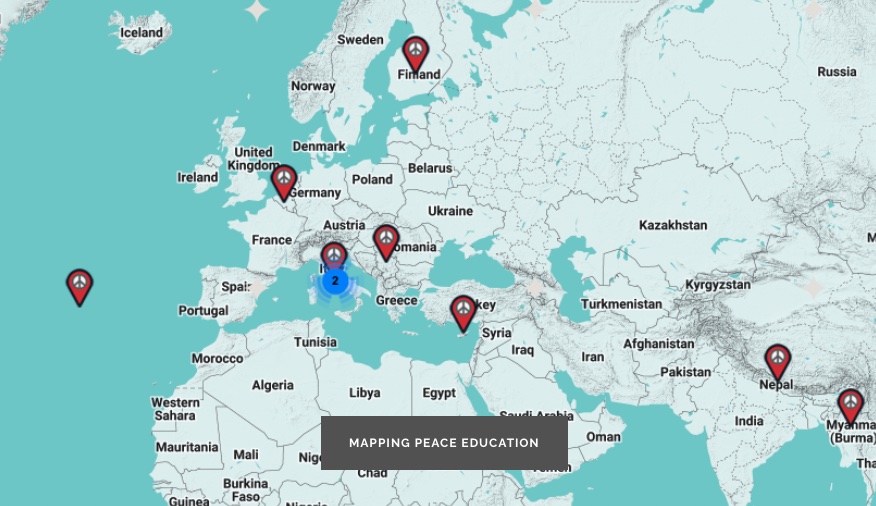
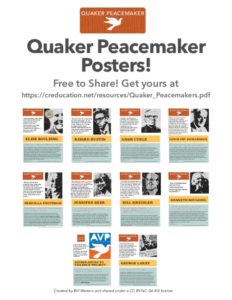
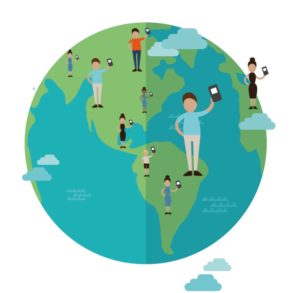
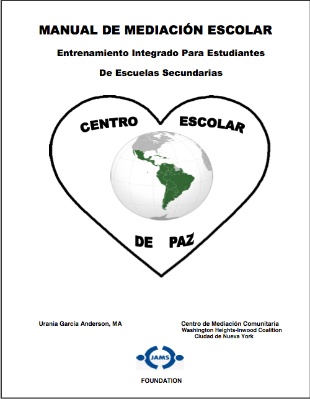
 Through its new
Through its new